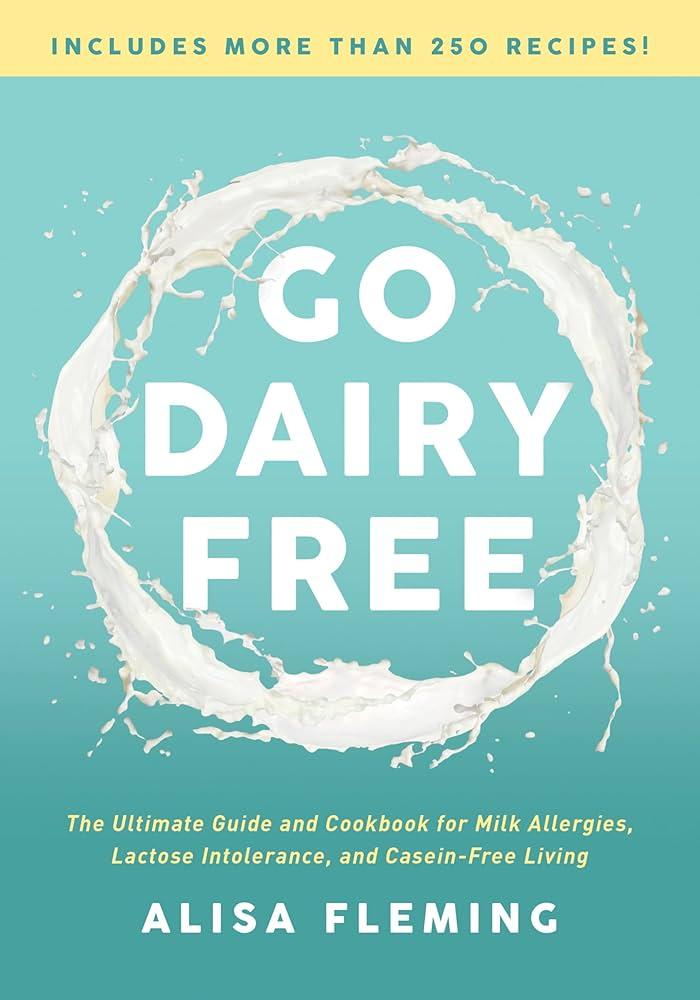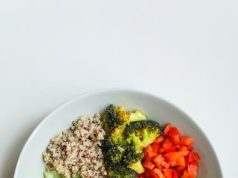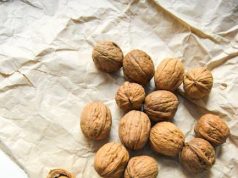In a world where dietary trends shift as swiftly as the seasons, the question of whether to embrace a dairy-free lifestyle has found its way into the spotlight. For some, the allure of plant-based alternatives and the promise of improved health beckon with persuasive allure. For others, the creamy comfort of cheese and the rich nostalgia of a glass of milk are culinary staples too dear to abandon. As science delves deeper into the impacts of dairy on our bodies and the environment, the debate continues to churn. Should everyone go dairy-free, or is there a middle ground where tradition and innovation can coexist harmoniously? This article navigates the creamy currents of this debate, exploring the potential benefits and drawbacks of a dairy-free diet, and seeking to illuminate the path for those at this nutritional crossroads.
The Rise of Dairy-Free Living Exploring Health Benefits and Potential Drawbacks Navigating Nutritional Needs Without Dairy Personalized Approaches to a Dairy-Free Lifestyle
As the trend of dairy-free living gains momentum, many are exploring the potential health benefits associated with this lifestyle. Proponents argue that eliminating dairy can lead to improved digestion, clearer skin, and reduced inflammation. Additionally, for those with lactose intolerance or dairy allergies, going dairy-free is not just a choice but a necessity. However, it’s important to consider the potential drawbacks as well. Nutritional needs such as calcium and vitamin D, typically obtained from dairy products, must be sourced elsewhere to maintain a balanced diet.
Personalizing a dairy-free lifestyle requires a mindful approach. Navigating nutritional needs without dairy involves incorporating alternative sources like fortified plant milks, leafy greens, and nuts. It’s crucial to evaluate and adjust one’s diet to ensure all essential nutrients are met. Considerations might include:
- Calcium: Opt for almond milk, tofu, and kale.
- Protein: Incorporate legumes, quinoa, and seeds.
- Vitamin D: Look for fortified non-dairy products or consider supplements.
Ultimately, a dairy-free lifestyle isn’t a one-size-fits-all solution. Tailoring dietary choices to individual health needs and preferences is key to reaping the benefits without compromising nutritional health.






























